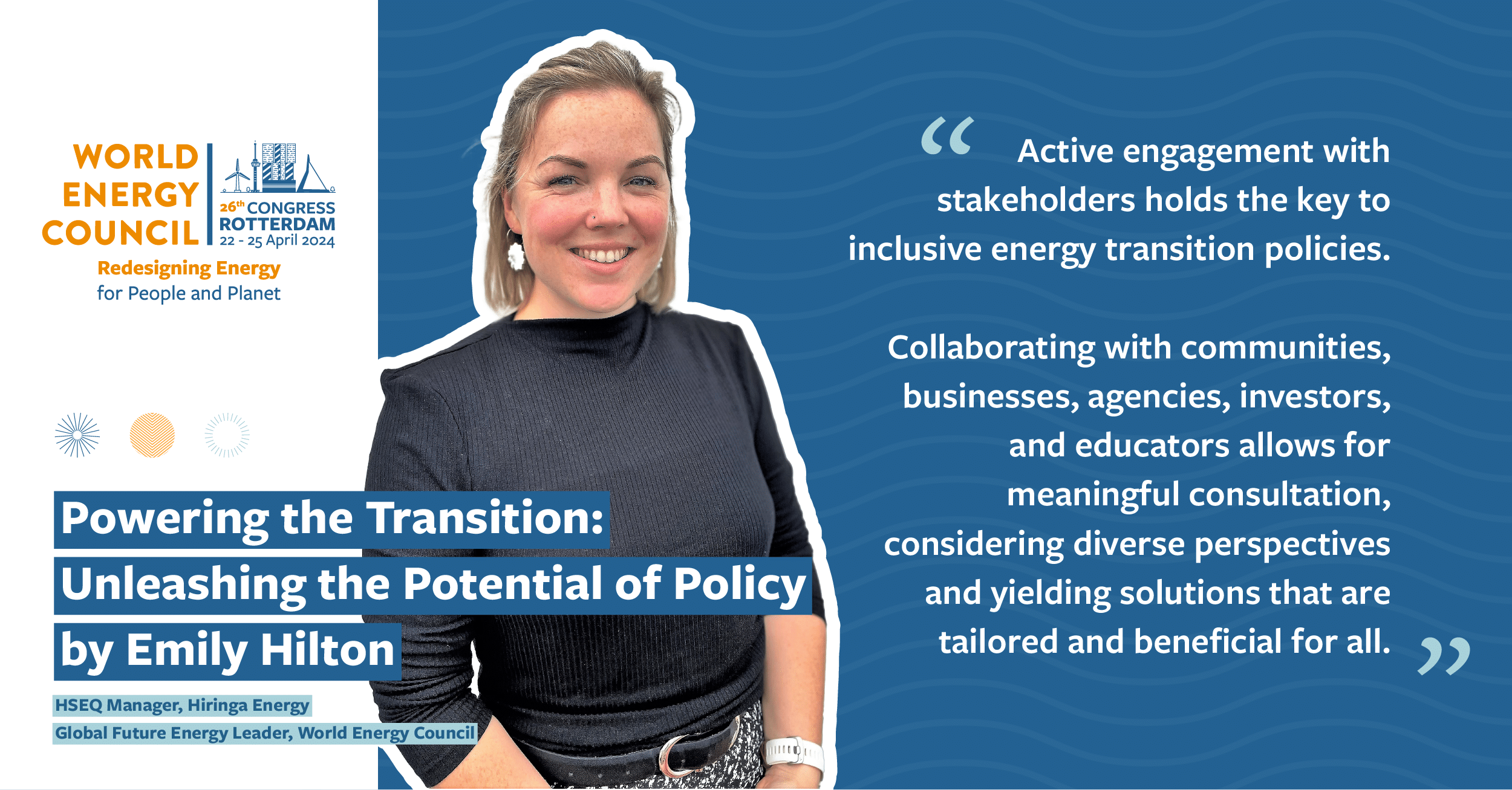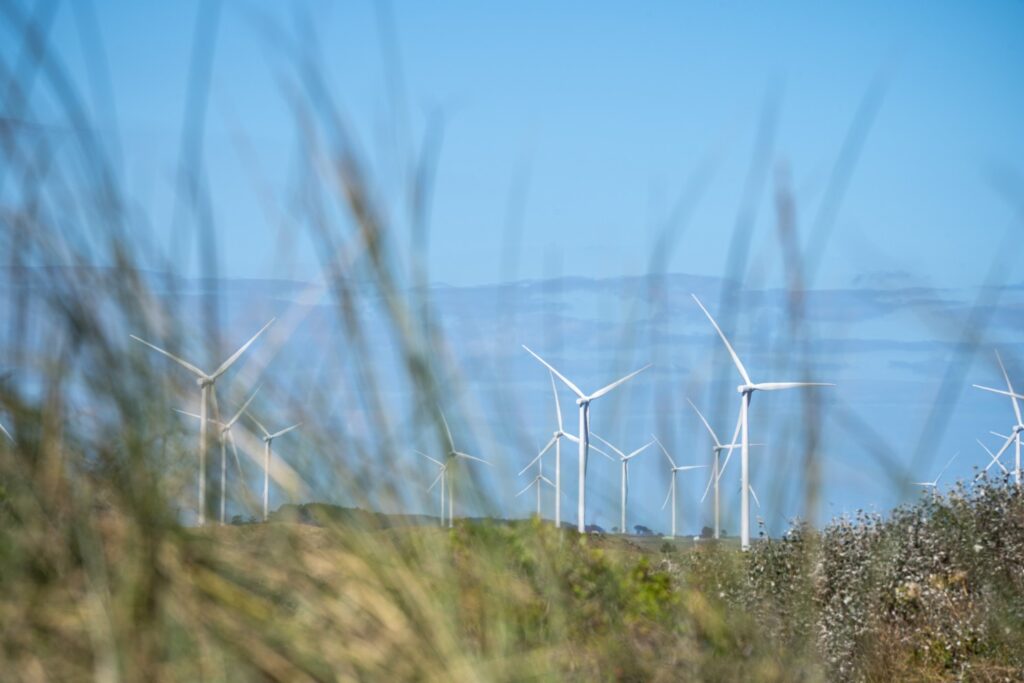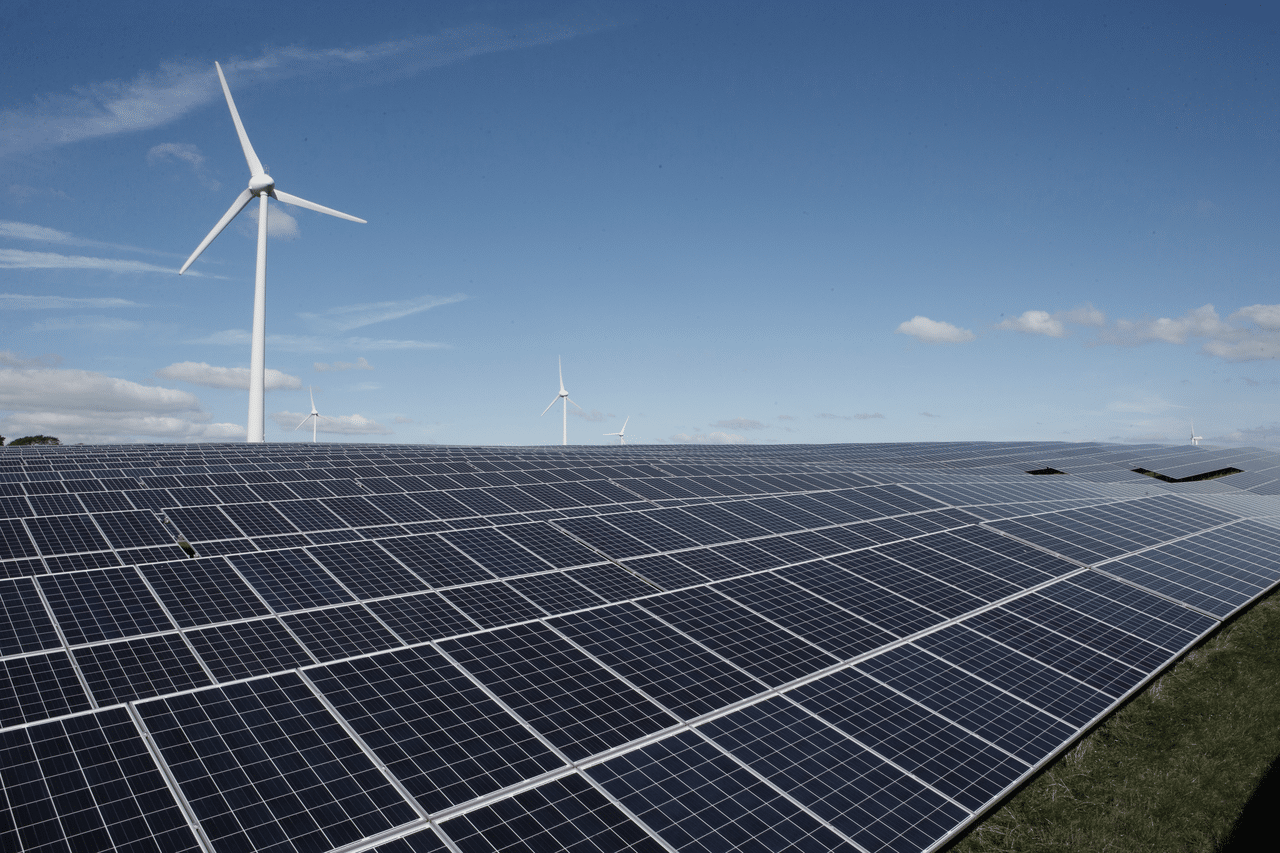Powering the Transition: Unleashing the Potential of Policy
25.08.2023
The energy transition faces significant challenges in achieving tangible results due to rigid regulatory frameworks and inadequate government policies that fail to support ambitious climate goals. Coming from a company at the forefront of introducing new technology and alternative fuel into an emerging market, the policy gap has meant we fit nowhere and everywhere; neither fitting within existing frameworks nor being adequately supported. This lack of clarity leaves us navigating uncertain territory, attempting to comply with loosely related energy regulations or policies that rarely address our circumstances.
Government carbon-reduction targets exist and are commendable, yet they often lack the foundation to enable success; the policies! Policies play a vital role in signalling to stakeholders – investors, businesses, the public, local councils – that a country is genuinely prepared and committed to the development and deployment of innovative renewable energy technologies essential for a successful energy transition.

To effectively drive private investment in renewable energy, policies must encompass a number of financial mechanisms such as grants, loans, tax incentives, or even penalties for carbon emissions. By incentivising private investment, governments can accelerate the transition to clean energy and facilitate a sustainable future.
Ensuring stability through long-term policy frameworks is crucial as it instils confidence among investors, fostering a conducive environment for long-term investments in the renewable energy sector. Consistency and predictability within policy frameworks provide investors with clarity, enabling them to make informed decisions.
Active engagement with stakeholders holds the key to inclusive energy transition policies. Collaborating with communities, businesses, agencies, investors, and educators allows for meaningful consultation, considering diverse perspectives and yielding solutions that are tailored and beneficial for all. Early involvement of stakeholders fosters social acceptance, leading to wider adoption of new sustainable practices and technologies. A first stop in initiating this collaboration will be the 26th World Energy Congress in April 2024 where stakeholders from the entire energy and energy+ community will gather to discuss the future of energy transition.
Dependable long-term policies are vital to maintaining the momentum of the energy transition and meeting critical targets. While the immediate impact of inaction may disproportionately affect vulnerable communities, the consequences of the energy and climate emergency will ultimately be felt by all. Therefore, inclusive policies that embrace and involve everyone are essential to ensure a just and comprehensive energy transition that benefits society as a whole.
Emily Hilton
HSEQ Manager at Hiringa Energy
Global Future Energy Leader at World Energy Council







